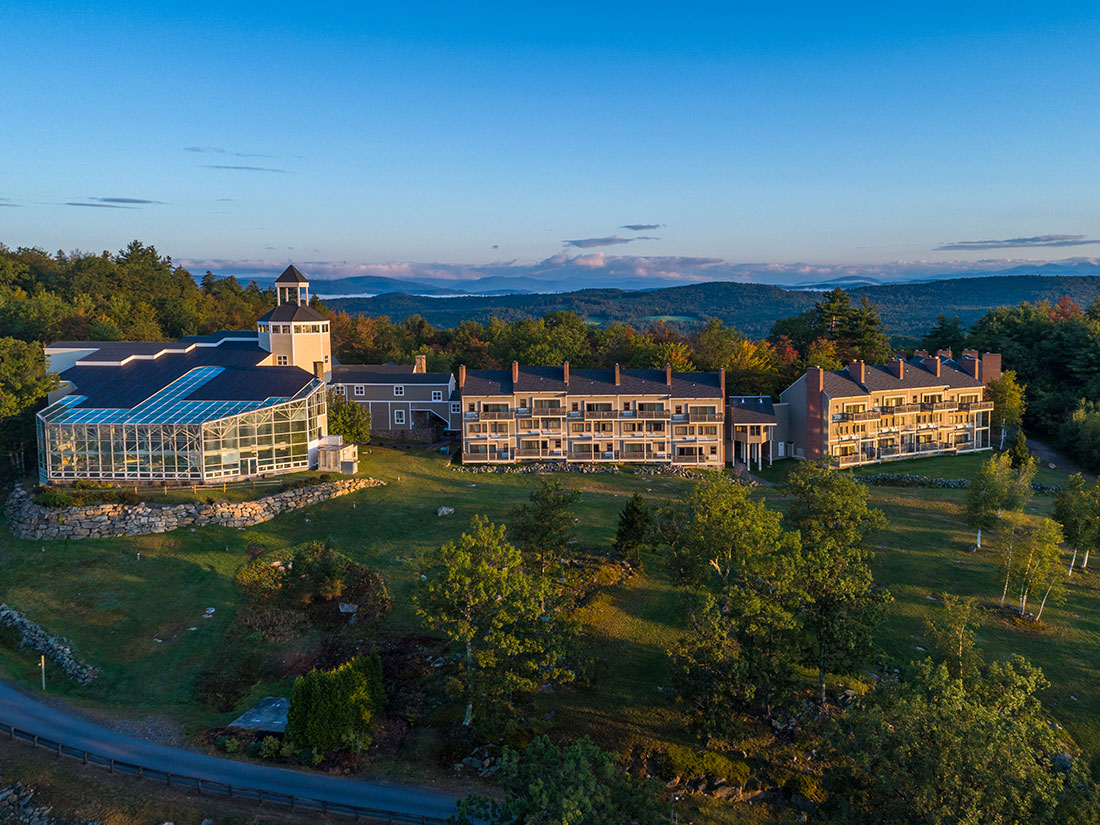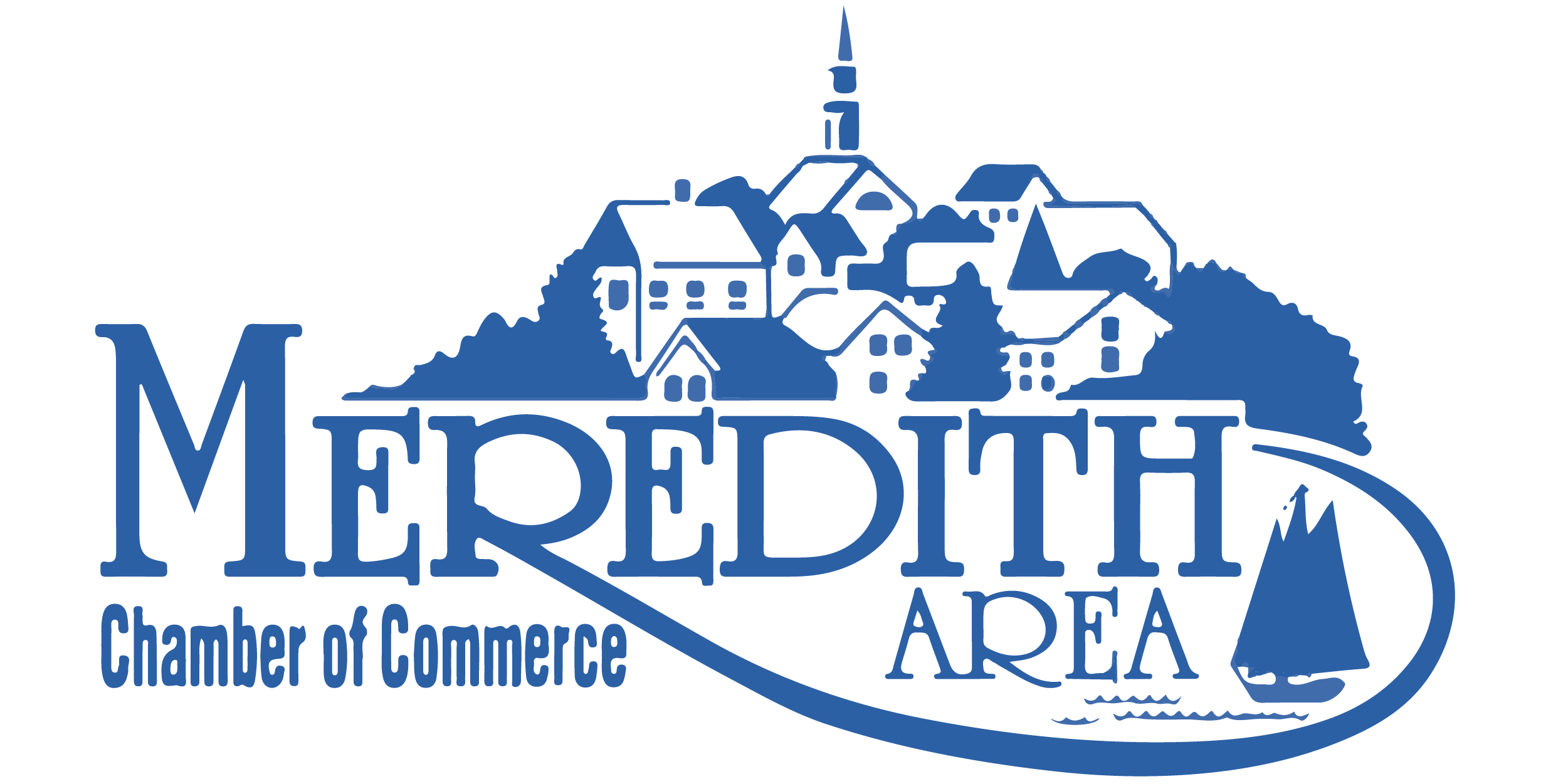Set amongst 500 acres of unspoiled fields and hardwood forests, guests enjoy a 9-hole executive golf course, snowmobile trails, snowshoeing, and hiking trails, and fishing in our private pond. Magnificent year-round swimming pools and hot tubs in a plant-filled conservatory are the centerpiece of The Amenities Center. Other guest privileges include additional indoor and outdoor pools, tennis and racquetball courts, exercise rooms, roman spa, whirlpools, sauna and an enclosed observation tower.
You can also enjoy the scenic vista from the Resorts’ full service restaurant, the Hilltop, and the adjacent fully-licensed lounge. The nearby lakes and mountains of New Hampshire offer ample opportunity for year round recreation and scenic drives.
Our New Hampshire resort is the perfect location for your next vacation, celebration, conference or retreat.
"Green" Techniques
While we are dedicated to using green building techniques, our aim is to work with our clients to build a home designed to suit their needs, lifestyle and budget! We strive to bring together the beauty of the exterior surroundings with the warmth and comfort of your home.
Additionally, we have a rich history in working with historic buildings throughout New England. Historic restoration and preservation, whether for private homes or municipal buildings, is very important to us. We have been recognized for our work with preservation, restoration, and reuse at the University of New Hampshire, The Belmont Mill and the Canterbury Shaker Village, as well as with private “camps” overlooking Squam Lake and Lake Winnipesaukee.
About Chris
Doing GOOD
Chris Williams has been active in a variety of organizations dedicated to historic preservation and community charitable work for many years. As a member of the New Hampshire Preservation Alliance Board he was instrumental in restructuring the organization to partner with the National Trust and he helped bring the Main Street Program to the Lakes Region of New Hampshire. He is also an active member of the National Trust for Historic Preservation, the New Hampshire Historical Society, the Vernacular Architecture Forum, and the International Solar Energy Society. In 1994, Chris formed the Latchkey Charities in Meredith, NH. This organization of local business owners and municipal officers has worked to build a new park, a community center, a senior housing project and a major hotel/conference center which have all helped to transform the town.
In addition to his affiliation with the American Institute of Architects, Chris is also a member of the Architect Registration Examination Committee, which is part of the National Council of Architectural Registration Boards (NCARB). The committee is responsible for the design, content and administration of national exams for architectural registration. Mr. Williams has been elected to represent the State of New Hampshire.

Faq
Why should I hire an architect?
Architecture isn’t just for the wealthy or for special buildings like museums and art galleries. Working with an architect can save you time and money and can make your new home or remodeled space more functional, energy efficient, comfortable and environmentally responsible. An architect can help you find the needed professionals for your projects including engineers and a builder.
How much will this cost?
There is no specific pricing method for each project. Many architects charge clients on an hourly basis, especially for small projects. For large projects the fee may be calculated based on a wide variety of factors, including the hours to be worked and the complexity of the project.
Will my project require special permits?
There are many factors that determine whether or not you will need special permits. If you own waterfront property in New Hampshire then you will need to abide by the Shoreland Water Quality Protection Act. If you are adding additional living space, you may need a new septic system study and permit. Depending on what you plan to accomplish, you may need permission from the appropriate Zoning Board of Appeals. An architect can help you to successfully navigate the application process.
I want to build a “green” house and not end up in the “poor” house!
Incorporating green design technology doesn’t have to be really expensive. In the simplest terms, an architect can help you to take advantage of existing conditions, including passive solar systems. Using high-performance insulation products and local building materials are part of “green” building design as well.
What does it mean to be “LEED” certified?
This means that the person has successfully completed the exam designed by the U.S. Green Building Council on the requirements for the Leadership in Environmental Education and Design (LEED) green building system. You can learn more about the LEED rating system by visiting the USGBC website at www.usgbc.com.
What does “AIA” signify?
It means the architect is a member in good standing with the American Institute of Architects. All AIA members must be registered architects, and must fulfill the AIA requirements for continuing education. An architect does not have to be a member of AIA to be licensed or registered to practice. The AIA is a professional group for architects as AMA is a professional group for physicians.
